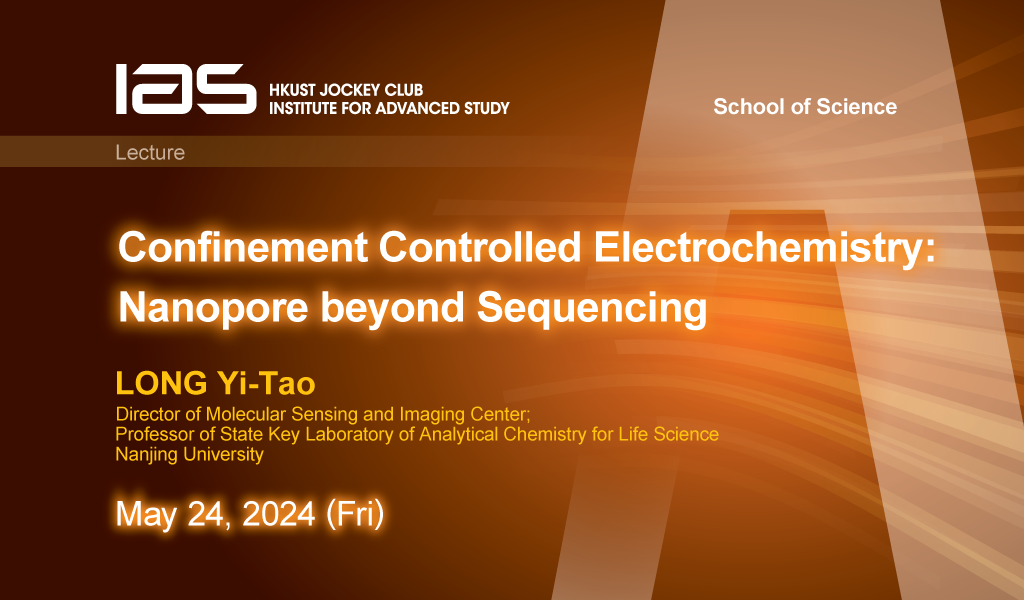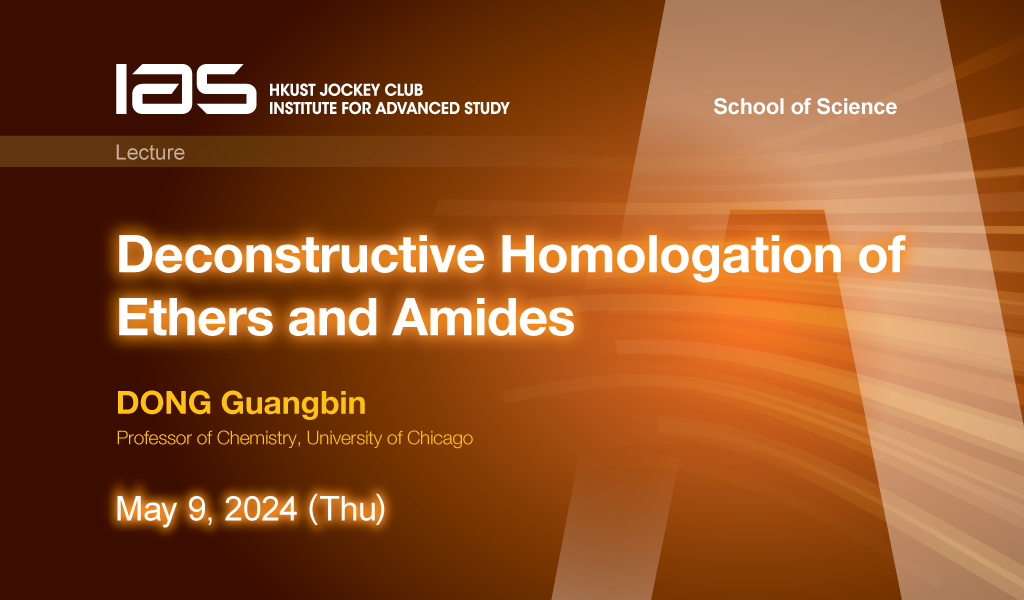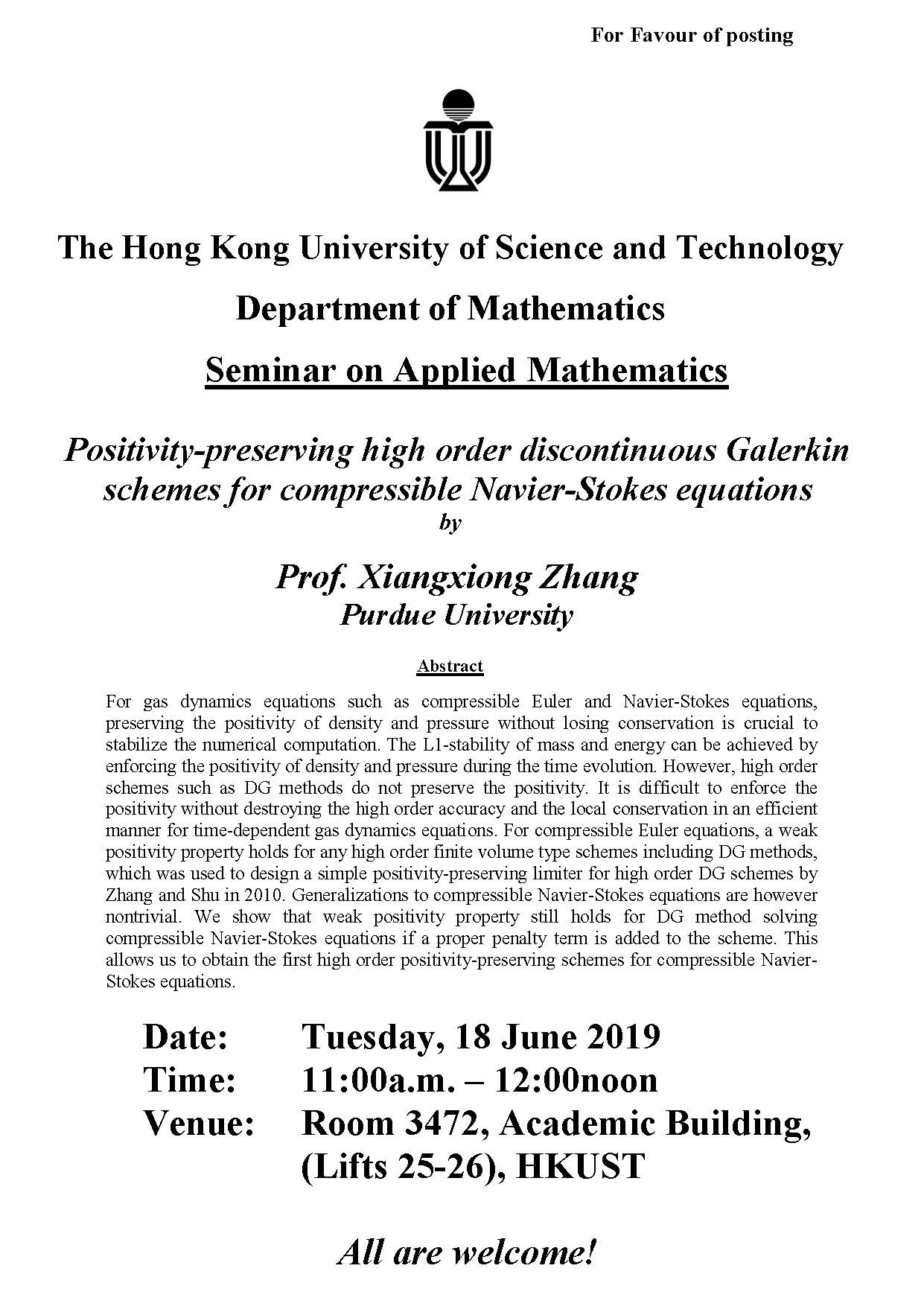For gas dynamics equations such as compressible Euler and Navier-Stokes equations, preserving the positivity of density and pressure without losing conservation is crucial to stabilize the numerical computation. The L1-stability of mass and energy can be achieved by enforcing the positivity of density and pressure during the time evolution. However, high order schemes such as DG methods do not preserve the positivity. It is difficult to enforce the positivity without destroying the high order accuracy and the local conservation in an efficient manner for time-dependent gas dynamics equations. For compressible Euler equations, a weak positivity property holds for any high order finite volume type schemes including DG methods, which was used to design a simple positivity-preserving limiter for high order DG schemes by Zhang and Shu in 2010. Generalizations to compressible Navier-Stokes equations are however nontrivial. We show that weak positivity property still holds for DG method solving compressible Navier-Stokes equations if a proper penalty term is added to the scheme. This allows us to obtain the first high order positivity-preserving schemes for compressible Navier-Stokes equations.
6月18日
11am - 12pm

地点
Room 3472, Academic Building, (Lifts 25-26), HKUST
讲者/表演者
Prof. Xiangxiong Zhang
Purdue University
Purdue University
主办单位
Department of Mathematics
联系方法
mathseminar@ust.hk
付款详情
对象
Alumni, Faculty and Staff, PG Students, UG Students
语言
英语
其他活动

5月24日
研讨会, 演讲, 讲座
IAS / School of Science Joint Lecture - Confinement Controlled Electrochemistry: Nanopore beyond Sequencing
Abstract
Nanopore electrochemistry refers to the promising measurement science based on elaborate pore structures, which offers a well-defined geometric confined space to adopt and characterize sin...

5月9日
研讨会, 演讲, 讲座
IAS / School of Science Joint Lecture – Deconstructive Homologation of Ethers and Amides
Abstract
Preparation of diverse homologs from lead compounds has been a common and important practice in medicinal chemistry. However, homologation of many functional groups, such as ethers an...

